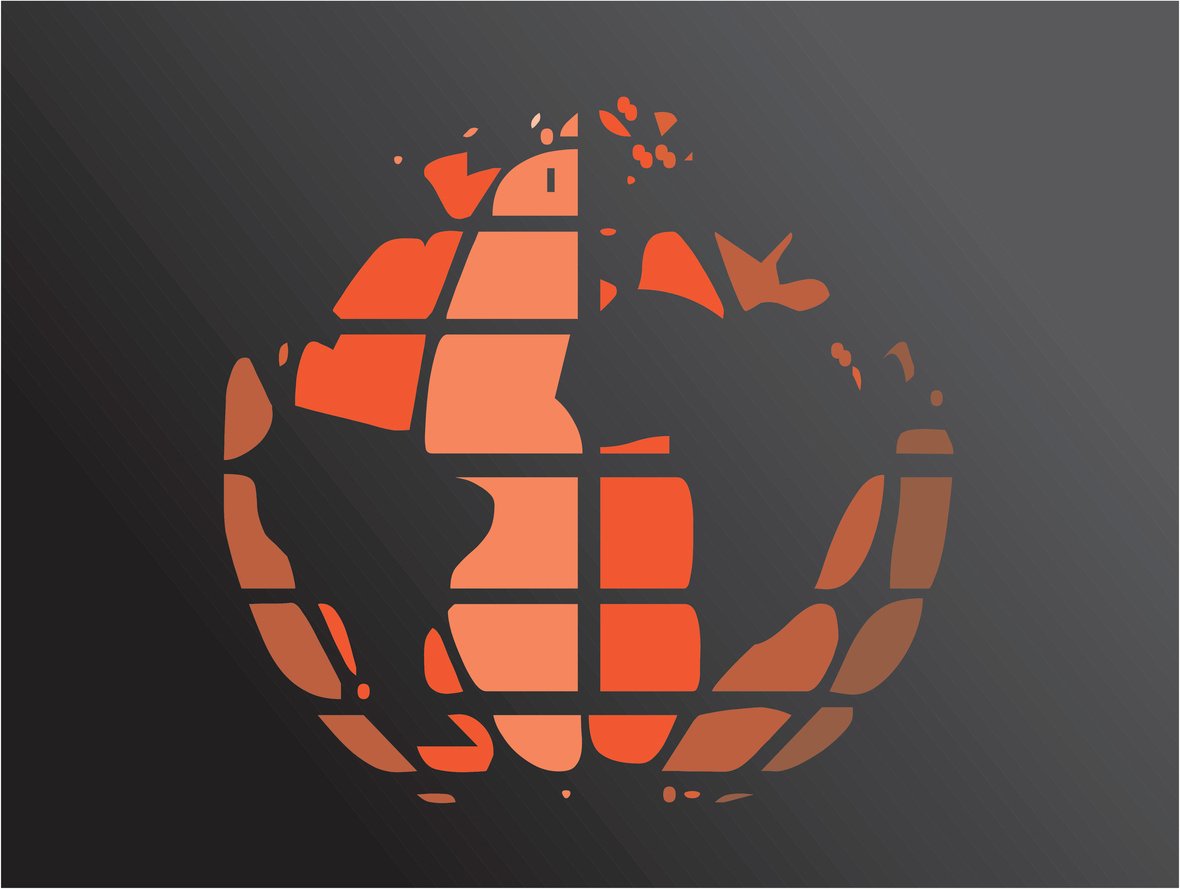 Credit: Andrey_Popov/Shutterstock
Credit: Andrey_Popov/Shutterstock
A few weeks ago, a complaint was made public by a former employee of a multinational technology company that accused the U.S. business of paying millions of dollars in bribes in Africa and the Middle East in exchange for software contracts. The claims are allegedly under investigation by the U.S. Department of Justice (DOJ) and the Securities and Exchange Commission (SEC).
This high-profile scandal highlights the increasing risk of doing business in countries where paying bribes is part of the culture. Compliance programs can make a difference when it comes to preventing and detecting acts of corruption, but these programs mean nothing if they are not put to use and monitored for effectiveness. In other words, managing the risks inherent in each business affiliate across the world must be a proactive and constant activity if a company is serious about avoiding these types of investigations and corruption scandals.
Recommended For You
In my 11 years leading BH Compliance, which monitors compliance programs for Latin American subsidiaries to ensure they follow anti-corruption processes, I have found that bribery is a lot more common in the business world than most people think. This is, in part, due to cultural idiosyncrasies. Preventing internal corruption from happening requires a commitment not only to complying with the law, but also to upholding the company's reputation and supporting employees. Furthermore, it is an ethical commitment to a society undergoing a serious crisis of trust.
Addressing this problem is a duty for all companies, and especially for the large transnationals that have subsidiaries throughout the world and that are subject to both local and global regulations—which, in some instances, can complicate the identification and implementation of good corporate practices.
The Biden Administration made it clear a few months ago the United States is getting stricter in its anti-corruption laws. Case in point: It has retooled the Foreign Corrupt Practices Act (FCPA) by forcing companies to check that their compliance programs are correctly implemented and updated. The FCPA is a powerful law against the payment of bribes to foreign officials. This regulation imposes harsher sanctions than others on any company involved—voluntarily or involuntarily—in acts of corruption.
See also:
- 5 Common Pitfalls in Preventing Corporate Corruption
- Can Corporate Fraud Be Fixed?
- Who's Legally Liable for a Risk Management Failure?
- Managing Fraud and Corruption Risk in M&A
The multinationals that have gone under the microscope of the FCPA are diverse, and the fines are heavy. This is what happened in 2020 to Goldman Sachs, whose subsidiary in Malaysia pleaded guilty to paying billions of dollars in bribes to officials there and in Abu Dhabi in order to obtain lucrative contracts that also involved the laundering of enormous figures through the U.S. financial system. The bank accepted responsibility in the case, paying more than $2.9 billion in fines.
Another emblematic case is Odebrecht, the Brazilian construction company that allegedly paid kickbacks and bribes to politicians in that country, and became world-famous by exporting its model of corruption to 12 countries, involving presidents and former presidents. The company agreed with the DOJ to pay a $2.6 billion fine.
Or what happened to Ralph Lauren in 2013, when it had to admit to paying bribes to customs officials in Argentina to ensure the illegal entry of merchandise. After being reported, it had to pay a fine in the millions of dollars. Those arranging the bribe found a simple solution to break the rules in a corrupt region; on the other hand, the company did very little to prevent such a situation, noticing it only after the crime was committed.
By contrast, when Morgan Stanley found itself involved in a case related to bribery committed by one of its executives in 2012, it was able to prove the effectiveness of its compliance program. The bank was exempted from punishment, while the corrupt executive was charged and fined.
How to Prevent Corruption
All these cases highlight not only the need for a strong compliance program when operating in other countries, but also the importance of monitoring each business unit and department for compliance so that corporate management finds the bad apple before corruption becomes a company's standard practice.
The truth is that events like these are absolutely preventable if we give compliance the strategic value it deserves, placing it at the heart of the business. Based on my experience working closely with corporate counsels and boards of directors, companies that have focused on the following six high-risk areas have been able to keep corruption at bay:
1. Safeguarding of cash outflows. Companies must establish strict controls over all cash outflows (payments to suppliers, donations, etc.). This is particularly important in Latin America, where the creation of false suppliers and shell companies that end up being bribery payrolls has become common. This practice may appear legal, but is not.
2. Centralized and orderly records. Companies need to maintain clear information on expenses, suppliers, clients, and employees, as well as centralized records of each department. Disorganization of information facilitates corruption and also hinders a possible defense if it turns out that a business unit has engaged in corrupt actions.
3. Clear and well-known policies and procedures. Business units' and subsidiaries' gift policies, codes of ethics, and/or manuals must be clearly communicated to every employee so that all are well-versed on how to conduct business. This is not about memorizing a series of texts, but rather about making these measures part of employees' routine behavior. It is recommended that ethical dilemmas be presented to employees during training so that they know how to respond in real-life scenarios where bribes may be offered.
4. Senior management commitment. Multinational companies need leaders who not only guide the success of the business, but are also responsible and conscious of best practices. They build trust and create a transparent environment that encourages ethical action. It is also essential that board members take responsibility—through oversight—for the effectiveness of the company's compliance program. As discussed above, there are various cases of corruption in which companies have been condemned for not performing the duties of oversight and direction.
5. Compliance officer. Multinationals also need a professional who ensures that compliance programs are working. Various countries have laws regarding the criminal liability of legal entities, and companies are exposed to penalties if employees or suppliers commit a crime. In this context, the figure of the compliance officer acts as a controller in charge of overseeing, preventing, and detecting corruption crimes. This role must have full autonomy to act. In addition, it is recommended that there be a division exclusively dedicated to compliance so that it is not an annex of another department.
6. Monitor compliance. Finally, companies need an impartial third party monitoring the effectiveness of the compliance program within each corporate department. This allow for periodic reviews to make sure that employees are carrying out their work in accordance with best practices. The monitoring process also continuously generates evidence that the company is doing everything possible to prevent and detect corruption in a timely manner.
Companies that follow these internal compliance policies and procedures will be able to prevent crimes and demonstrate that they are concerned about acting in accordance with probity. In fact, companies involved in bribery cases usually lament not having done enough to prevent and detect corruption in time.
We must be clear that, generally, acts such as bribery occur right in front of our eyes, but we do not see them.
Susana Sierra is co-founder and CEO of BH Compliance, which has offices in Chile and Miami. Sierra is a leader and pioneer in the corporate compliance monitoring industry in Latin America. She has been recognized for her work and professional experience in corporate integrity, anti-corruption, transparency, development of organizational culture, and implementation and monitoring of good business compliance practices. Sierra was elected World Economic Forum's Young Global Leader in 2020.
From: Corporate Counsel
© Touchpoint Markets, All Rights Reserved. Request academic re-use from www.copyright.com. All other uses, submit a request to [email protected]. For more inforrmation visit Asset & Logo Licensing.



